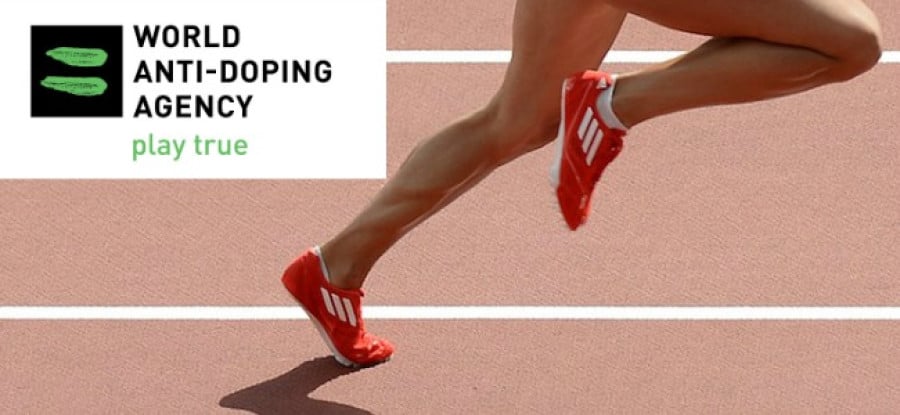A short guide to the changes under the World Anti-Doping Code 2015

Since it was enacted in 2003, the World Anti-Doping Code (“Code”) has harmonized anti-doping policies throughout the world. The newest version of the Code (version 3.0)1 took effect on January 1, 2015 (the “2015 Code”). The key changes to the 2015 Code from its previous iteration (the “2009 Code”2) are detailed here.
I. Whereabouts Period Shortened
The period for a whereabouts missed test and/or filing failure has been shortened from 18 to 12 months. Article 2.4 states:
2.4 - Whereabouts Failures
Any combination of three missed tests and/or filing failures, as defined in the International Standard for Testing and Investigations, within a twelve-month period by an Athlete in a Registered Testing Pool.3
II. Prohibited Associations
A new section – Article 2.10 “Prohibited Associations” – prohibits an athlete from associating with another athlete or athlete support person who has previously committed an anti-doping rules violation. This provision is uncharted territory. An athlete has never before been charged with an anti-doping rules violation for merely associating with someone else.
Article 2.10 defines “Prohibited Association” as:
2.10 - Prohibited Association
Association by an Athlete or other Person subject to the authority of an Anti-Doping Organization in a professional or sport-related capacity with any Athlete Support Person who:
2.10.1 If subject to the authority of an Anti-Doping Organization, is serving a period of Ineligibility; or
2.10.2 If not subject to the authority of an Anti-Doping Organization, and where Ineligibility has not been addressed in a results management process pursuant to the Code, has been convicted or found in a criminal, disciplinary or professional proceeding to have engaged in conduct which would have constituted a violation of anti-doping rules if Code-compliant rules had been applicable to such Person. . . . ; or
2.10.3 Is serving as a front or intermediary for an individual described in Article 2.10.1 or 2.10.2.
In order for this provision to apply, it is necessary that the Athlete or other Person has previously been advised in writing by an Anti-Doping Organization with jurisdiction over the Athlete or other Person, or by WADA of the Athlete Support Person’s disqualifying status and the potential Consequence of prohibited association and that the Athlete or other Person can reasonably avoid the association. The Anti-Doping Organization shall also use reasonable efforts to advise the Athlete Support Person who is the subject of the notice to the Athlete or other Person that the Athlete Support Person may, within 15 days, come forward to the Anti-Doping Organization to explain that the criteria described in Articles 2.10.1 and 2.10.2 do not apply to him or her. . . . The burden shall be on the Athlete or other Person to establish that any association with Athlete Support Personnel described in Article 2.10.1 or 2.10.2 is not in a professional or sport related capacity.4
Before an athlete can be charged with an anti-doping rules violation for a prohibited association, the athlete must be notified in writing of the potential consequences of the prohibited association.5 “Association” includes getting training advice, discussing competition strategy or technique and/or obtaining medical advice from a person who has previously been sanctioned for doping.6 An athlete charged with a prohibited association has the burden to establish that the association is not in a professional or sport related capacity.7
To continue reading or watching login or register here
Already a member? Sign in
Get access to all of the expert analysis and commentary at LawInSport including articles, webinars, conference videos and podcast transcripts. Find out more here.
Related Articles
- 2015 World Anti-Doping Code welcomed by UK bodies
- WADA outlines main steps ahead of Revised Code introduction
- WADA publishes first ever Athlete Reference Guide to the Code
- How doping offences are reduced under WADA Article 10.5.4
Written by
Paul J. Greene
pgreene@globalsportsadvocates.com | @greenesportslaw
Paul J. Greene, Esq. is a U.S. based sports lawyer who protects the rights of athletes in disputes, including those charged in anti-doping proceedings. Paul has been recognized by Chambers USA and Super Lawyers as one of America’s top sports lawyers.

 Global Summit 2024
Global Summit 2024